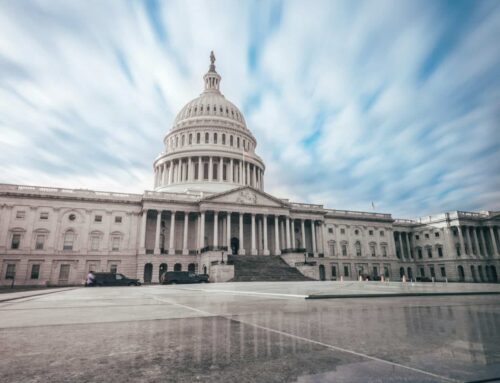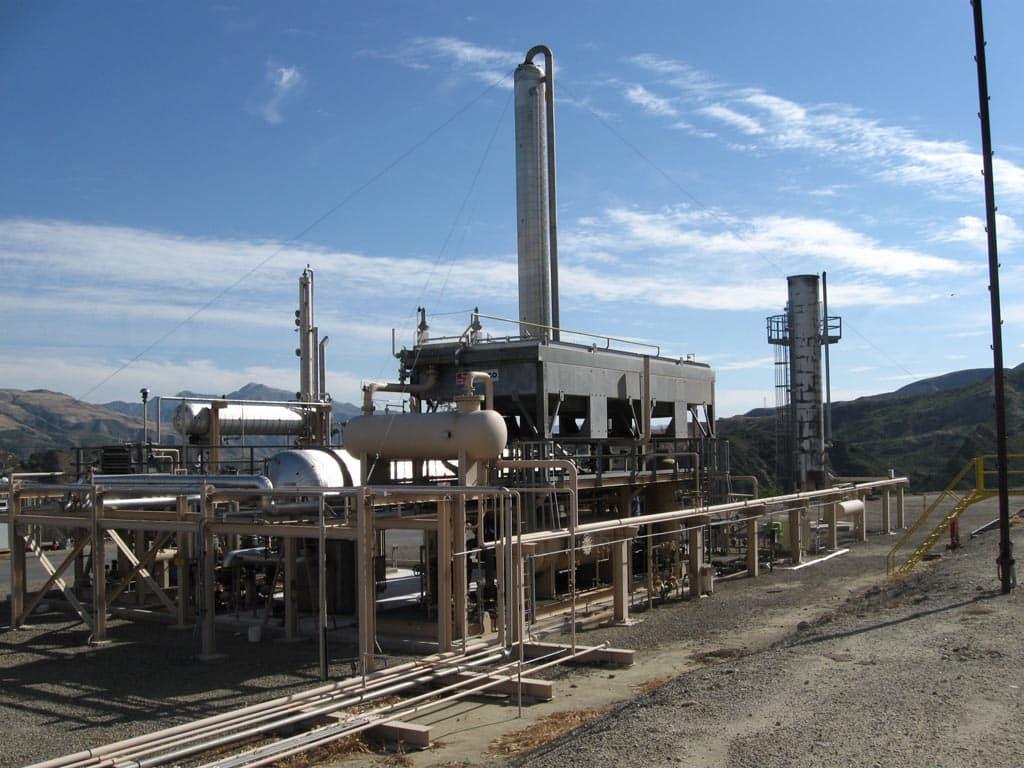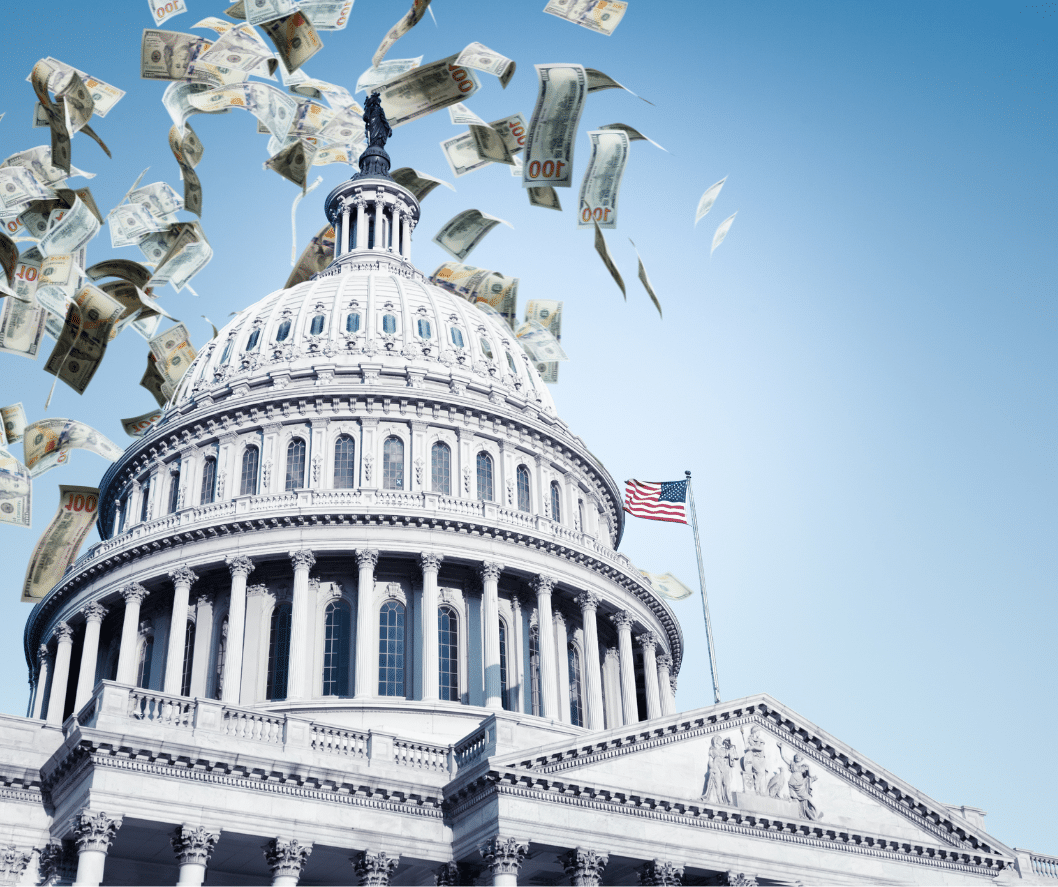After a season of excess, all the Americans who have resolved to cut back on personal spending might be brought out of their own personal economic doldrums by reports that next week the Bush administration will be announcing a new economic stimulus plan. Unfortunately, in the first round of the 2004 election, it's questionable whether the real intentions of the Bush plan are political positioning or economic recovery. Although we don't yet know the full details of the plan, we can already predict that it's likely to send us speeding down the red ink highway.
President Bush has previously demonstrated a strong ability to drive legislation that is capable of reaping great political dividends. His $300 billion* plan is expected to mainly benefit wealthy industries and individuals through tax cuts that will presumably increase economic activity and later result in even greater federal revenue. This theory contradicts the economic studies that untargeted tax cuts merely reduce federal revenues because they do very little to increase economic activity.
Many economists believe that one of the more effective stimulators at this point in time would be a payroll tax break. However, the administration has expressed very little interest in cutting or reducing payroll taxes. Instead, numerous news reports say that Bush will propose to exclude 50% of individual stock dividend income from taxation, accelerate depreciation tax breaks for business equipment and accelerate the income tax cuts passed in 2001. The dividend tax breaks alone would cost between $142 billion and $248 billion over the next ten years, according to the Urban/Brookings Tax Policy Center.
From our perspective, the main thing the Bush plan will stimulate is the growth of the budgetary black hole. According to estimates, the 2003 budget deficit is expected to top $200 billion and some say it could reach as high as $300 billion. A growing budget deficit has its own significant economic impact on private savings, leaving less to finance private investment. Historically, allowing the national debt to spiral out of control has also made it politically impossible to raise revenues and cut spending fast enough to hold down interest costs and balance the budget.
As every special interest resoles their Guccis to walk the halls of Congress in pursuit of their piece of the economic stimulus pie, it is vital to ask if it is even possible to stimulate the economy faster than the economy is able to turn around by itself. Almost all experts see the economy getting back on track before this plan reaches full gear.
If the President wants an economic stimulus plan that works, he ought to propose a real plan that addresses the growing federal budget deficit. The best economic stimulus proposal would be for lawmakers to sit on their hands and do nothing while the economy works its magic.
*As of 1/03/03, news reports were citing a $300 billion estimate for the President's economic stimulus plan. Since then the cost estimate has increased to $600 billion.










